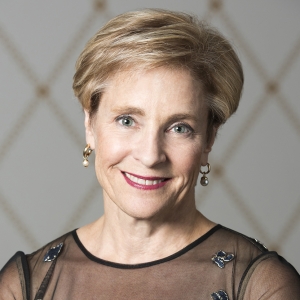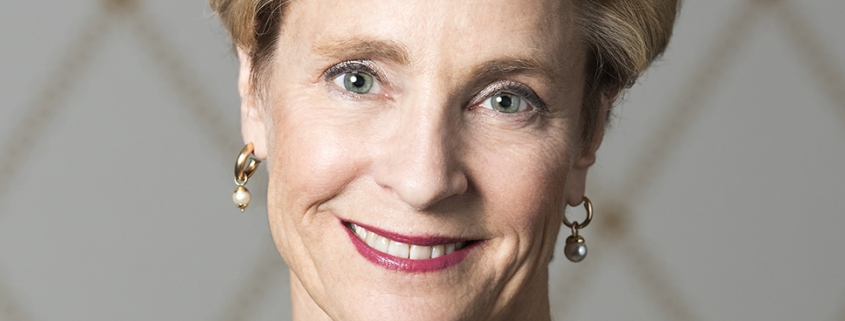Understanding the transformative potential of the Juneteenth holiday
 By Sally Greenberg, Chief Executive Officer, NCL
By Sally Greenberg, Chief Executive Officer, NCL
As I sat in my home study and contemplated the meaning of the Juneteenth holiday last month – with all the division in the country, with states banning discussions about racial and other forms of discrimination in schools, 8 States Debat[ing] Bills to Restrict How Teachers Discuss Racism, Sexism, and a Supreme Court decision banning schools from considering affirmative action in admissions – I could be just sad. But, unexpectedly, the Washington Post brought some encouraging news.
More on that in a minute.
First some definitions: Juneteenth is a federal holiday that marks the day when enslaved people in Galveston, TX were informed by a Union general two years after the Emancipation Proclamation that they were free. What is Juneteenth? Learn the history behind the federal holiday’s origins and name. Their enslavers had not bother to tell them.
So, Juneteenth gives Americans the opportunity to think, talk, discuss, and learn about the scourge of slavery in the United States and how it finally ended. Juneteenth is also an opportunity to talk about history and what followed emancipation; the passage of Jim Crow laws intended to keep emancipated slaves in a state of poverty, and included rampages against Black communities in many cities throughout the nation, most notoriously in Tulsa, OK where the 1921 Tulsa Race Massacre took place and where thousands of lynchings of African Americans and others, including Native Americans. And in 1913, Frank Leo, a Jew who was tried and pardoned, was hanged by an anti-Semitic lynch mob in Georgia. In fact, no ethnic group was immune from these attacks, including the Irish and Italian Irish and Italian neighborhoods.
Shouldn’t we be teaching our kids about these events?
Sadly, there is a backlash from conservatives across America to “talk” about our history, as evidenced by the Supreme Court’s decision noted above. That recent decision also unleashed attacks on corporate efforts at diversity.
But a new survey in published in the Washington Post (WAPO) today buoyed me. Yes, there has been backlash against teaching American history; this includes bans on discussing the history of slavery, but also a long history of discrimination against Black, Hispanic, Asian, Jewish, Native, and LGBT Americans citizens throughout our nation’s existence.
However, the WAPO poll suggests the public supports teaching about these issues. The April 2024 survey found that most Americans – 61 percent overall – thinks that having Diversity, Equity and Inclusion programs in U.S. companies is a good thing.
Support for programs to increase racial diversity in the workplace remained steady over the past year, despite the attacks from conservatives. Last year, 62 percent of Americans said efforts to increase racial diversity in workplaces were a good thing, according to a Post-Ipsos poll. Most popular were mentorship opportunities for underrepresented groups with 75 percent of Americans supporting.
Republican Florida Gov. Ron DeSantis has banned DEI in his state, including at public colleges and universities. America First Legal, a group backed by former Trump adviser Stephen Miller, has filed legal complaints over diversity practices at scores of companies, including United Airlines, Kellogg’s, Nike, and organizations such as the FBI, National Football League, and Major League Baseball.
But the WAPO poll also found that more than 8 in 10 Americans overall said they believe the country has made progress on that front since the 1950s, but perceived progress differs by racial and ethnic groups.
The Post article didn’t take sides or draw any broad conclusions but what this polling says to me is that there is a lot more support for raising awareness about civil rights, teaching about our nation’s history – and all of it – and conducting mentorship and DEI trainings, and with it teaching and learning about the history of racial and other forms of discrimination in America. That should give all of us who support more – not less – education and DEI in general – cause for hope. What better day to celebrate that hope than Juneteenth.
###
About the National Consumers League (NCL)
The National Consumers League, founded in 1899, is America’s pioneer consumer organization. Our mission is to protect and promote social and economic justice for consumers and workers in the United States and abroad. For more information, visit nclnet.org.















